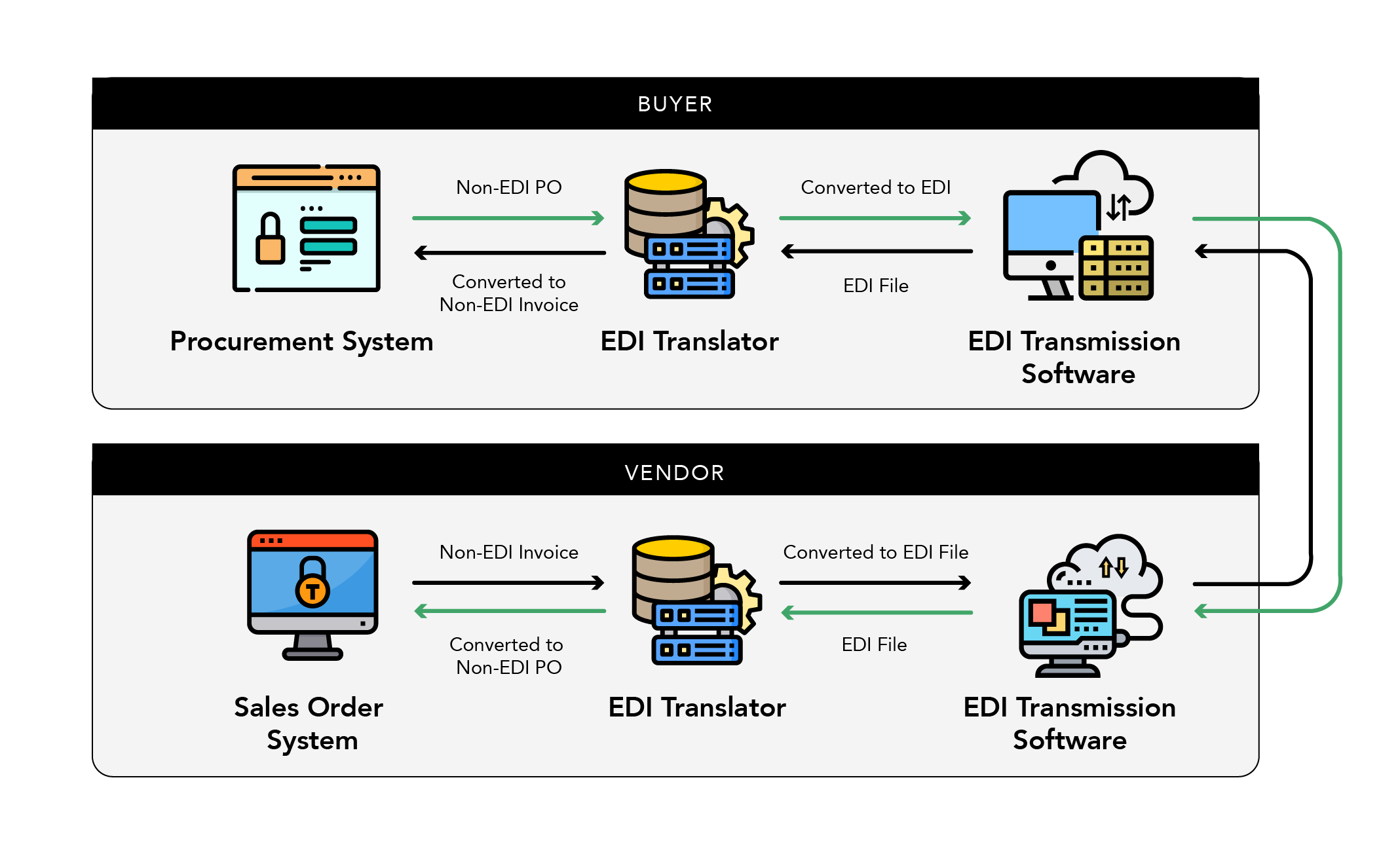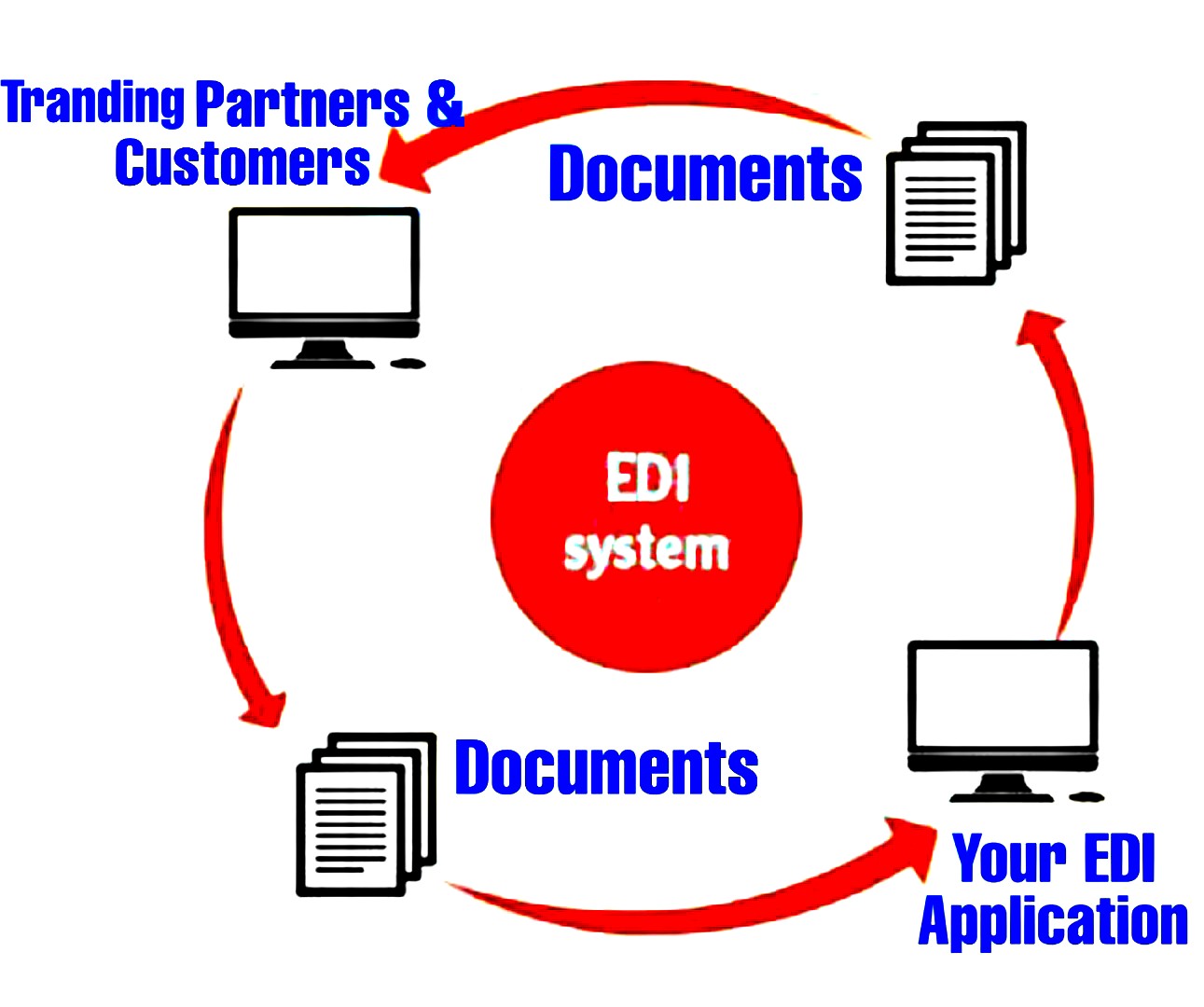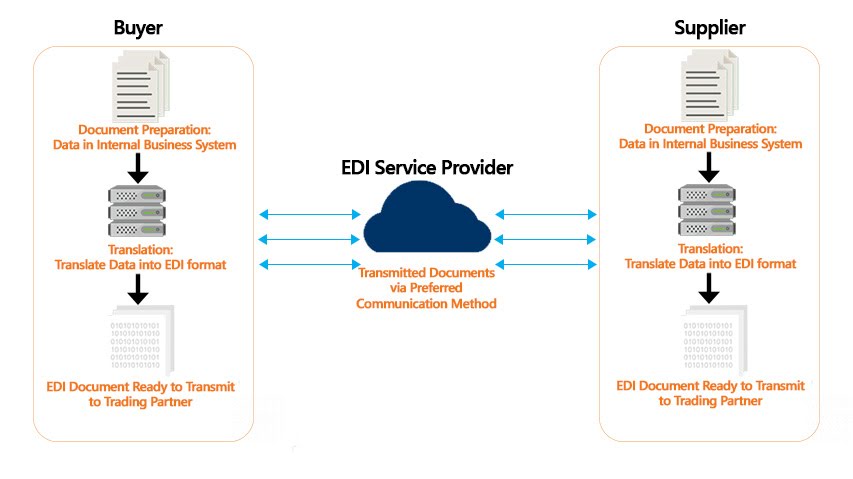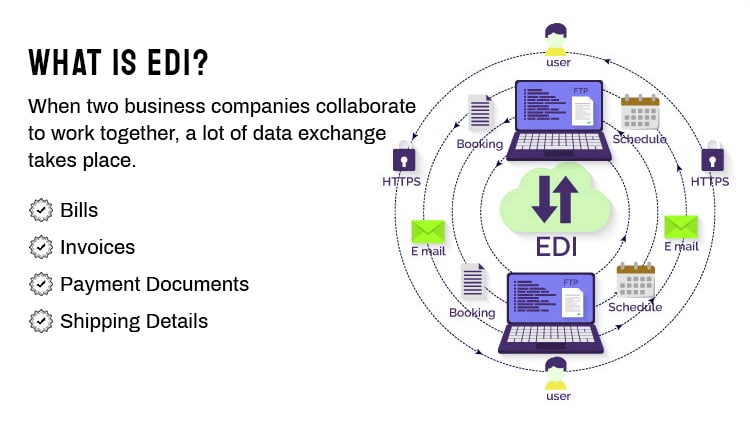EDI Calendar 2025: A Comprehensive Guide to Electronic Data Interchange (EDI)
Related Articles: EDI Calendar 2025: A Comprehensive Guide to Electronic Data Interchange (EDI)
- Harley-Davidson 2025 Wall Calendar: A Timeless Tribute To The American Icon
- June 18, 2025: A Comprehensive Calendar Analysis
- November 2025 Lunar Calendar: A Comprehensive Guide
- Saudi Arabia Calendar 2025: A Comprehensive Guide
- Victoria School Calendar 2025
Introduction
With enthusiasm, let’s navigate through the intriguing topic related to EDI Calendar 2025: A Comprehensive Guide to Electronic Data Interchange (EDI). Let’s weave interesting information and offer fresh perspectives to the readers.
Table of Content
Video about EDI Calendar 2025: A Comprehensive Guide to Electronic Data Interchange (EDI)
EDI Calendar 2025: A Comprehensive Guide to Electronic Data Interchange (EDI)

Introduction
Electronic Data Interchange (EDI) is a critical component of modern business operations, enabling seamless and efficient exchange of business documents between organizations. The EDI calendar plays a crucial role in facilitating this process by standardizing the format and timing of EDI transactions. In this comprehensive guide, we will delve into the EDI calendar for 2025, providing a detailed overview of its key aspects and implications for businesses.
EDI Calendar Overview
The EDI calendar is a set of guidelines that specify the dates and times when specific EDI transactions should be exchanged. It ensures that all parties involved in an EDI transaction are aware of the expected delivery and processing deadlines. The calendar is maintained by various industry organizations, such as the Accredited Standards Committee (ASC) X12 and the United Nations Economic Commission for Europe (UNECE).
Key Dates in the EDI Calendar 2025
The EDI calendar for 2025 includes important dates that businesses need to be aware of. These dates typically include:
- January 1: New Year’s Day (no EDI transactions processed)
- February 17: Presidents’ Day (no EDI transactions processed)
- May 26: Memorial Day (no EDI transactions processed)
- July 4: Independence Day (no EDI transactions processed)
- September 1: Labor Day (no EDI transactions processed)
- November 11: Veterans Day (no EDI transactions processed)
- November 27: Thanksgiving Day (no EDI transactions processed)
- December 25: Christmas Day (no EDI transactions processed)
Impact on Business Operations
The EDI calendar has significant implications for business operations. Businesses need to plan their EDI transactions accordingly to ensure timely delivery and avoid disruptions. Key considerations include:
- EDI Transaction Deadlines: Businesses must adhere to the deadlines specified in the EDI calendar to ensure that their transactions are processed on time.
- Holiday Closures: EDI transactions are not processed on designated holidays. Businesses need to plan their EDI schedules accordingly to avoid delays.
- Business Continuity Planning: Businesses should have contingency plans in place for potential disruptions caused by holidays or other events that may affect EDI transactions.
EDI Calendar Maintenance and Updates
The EDI calendar is subject to periodic updates and revisions. Businesses should regularly check with industry organizations for the latest version of the calendar. Any changes or updates to the calendar should be incorporated into their EDI systems and processes.
Benefits of Using the EDI Calendar
Adhering to the EDI calendar offers several benefits for businesses, including:
- Improved Efficiency: By following the standardized dates and times for EDI transactions, businesses can streamline their operations and reduce processing delays.
- Reduced Errors: The EDI calendar helps prevent errors and inconsistencies by ensuring that all parties are on the same page regarding transaction timing.
- Enhanced Communication: The calendar facilitates clear communication between trading partners, ensuring that expectations are aligned and misunderstandings are minimized.
- Increased Productivity: By eliminating the need for manual intervention and reconciliation, the EDI calendar enables businesses to improve their overall productivity.
- Compliance with Industry Standards: Adherence to the EDI calendar demonstrates compliance with industry best practices and regulatory requirements.
Conclusion
The EDI calendar 2025 is an essential tool for businesses engaged in EDI transactions. By understanding the key dates and implications of the calendar, businesses can plan their EDI operations effectively, minimize disruptions, and maximize the benefits of EDI. Regular monitoring of the calendar and adherence to its guidelines are crucial for ensuring seamless and efficient electronic data exchange.







Closure
Thus, we hope this article has provided valuable insights into EDI Calendar 2025: A Comprehensive Guide to Electronic Data Interchange (EDI). We hope you find this article informative and beneficial. See you in our next article!